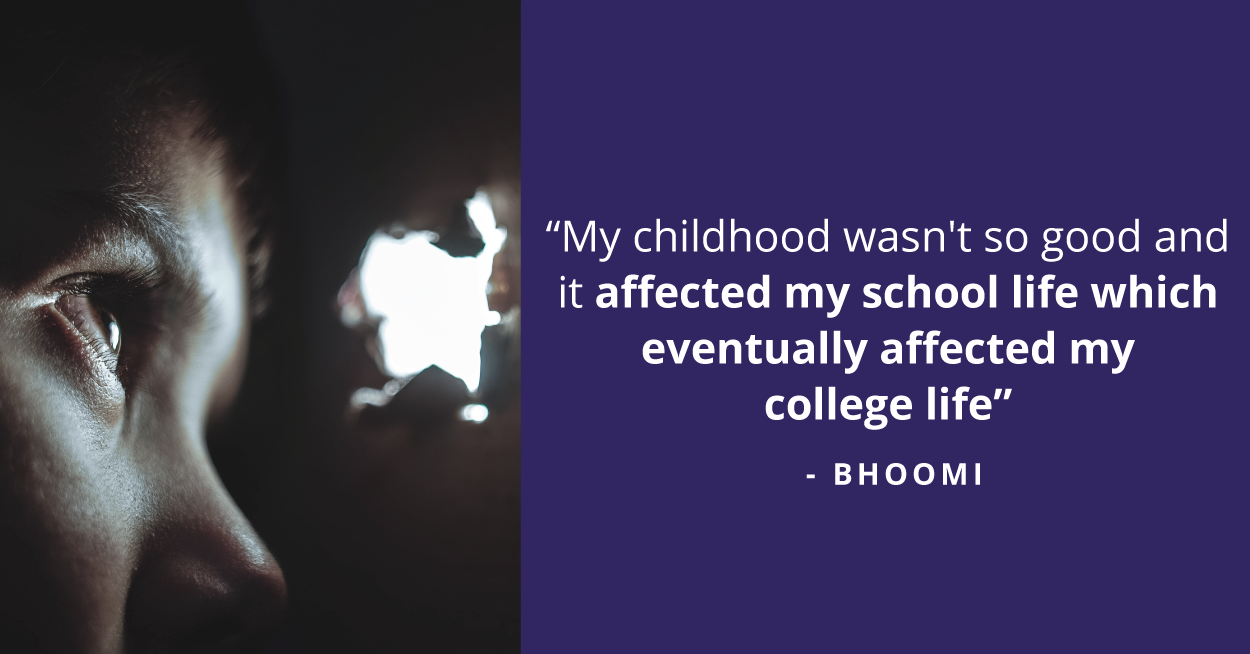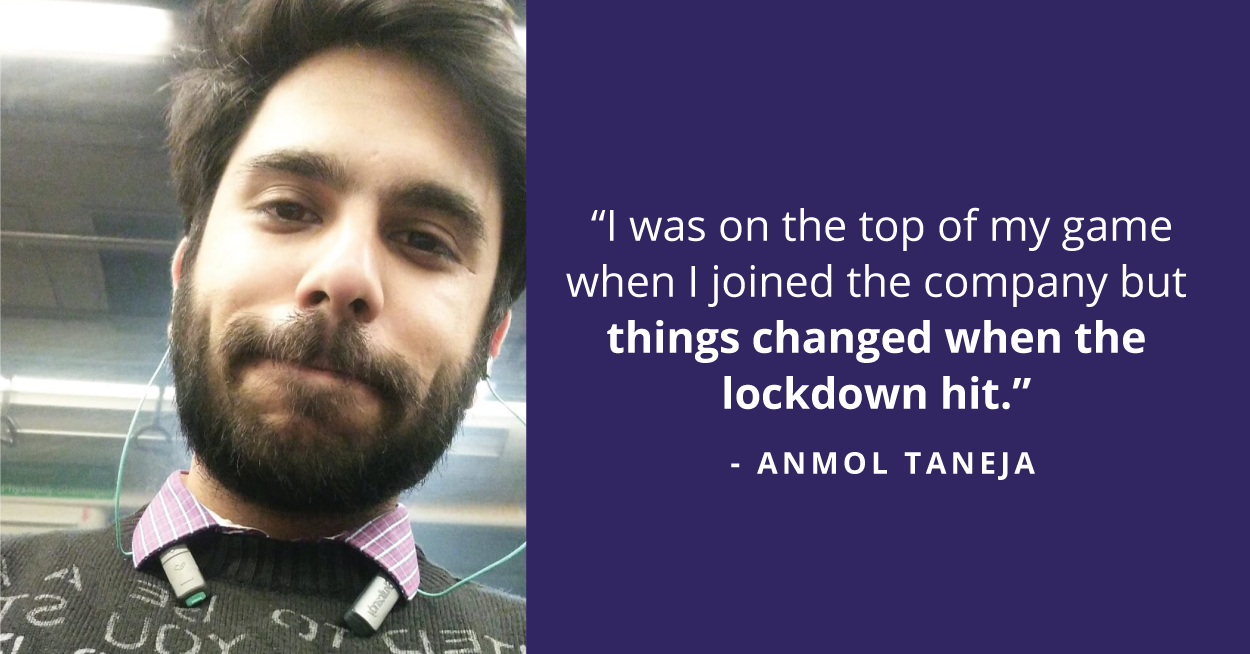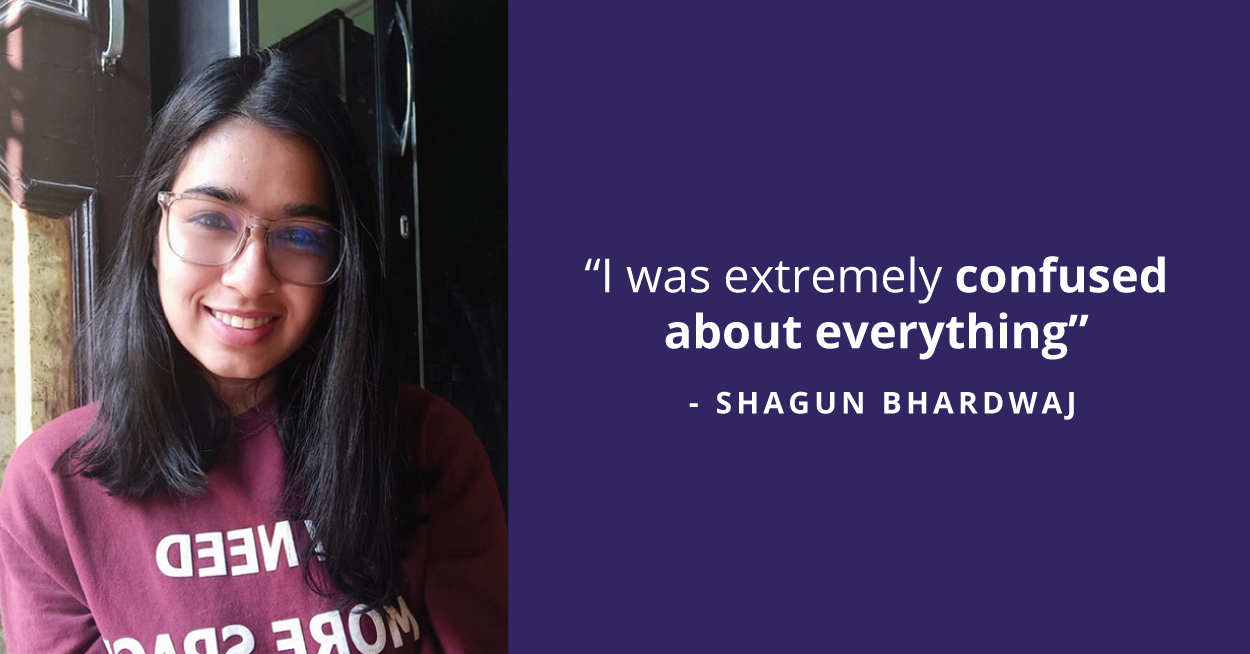Have trouble remembering dates and phone numbers? Do you always mix up people and their names? Yes, it’s embarrassing but don’t worry, its a natural phenomenon. Working memory (also referred to as short term memory) is the ability to share and manage information in one’s mind for a short period of time. The retention capacity and responsiveness of working memory undergoes ageing. Gadgets like mobile phones, which serve as a proxy for our memory for storing and sorting our daily requirements like phone numbers etc, are playing a major role in accelerating the ageing process. Research suggests that some daily exercises could help put a break to the ageing process and help you become sharper.
- Sleep: Our brain does a lot of work when our body is at sleep. It helps consolidate the received information and helps in retaining it. Therefore when taking a break while studying, a small nap can help rejuvenate the mind. Our body needs rest for proper functioning and focus, and sleep plays an important role.
- Exercise: Physical movement and exercises help improve cognitive functioning. The more you move physically the more active you are and thus the same message is sent to the brain which then increases its productivity.
- Play brain games: Researches have shown that the more we use our brain the better it works. Only if you challenge you brain with fresh, surprising information will it sharpen its skills, else it will deteriorate.
- Association: Another way to increase your memory is by associating it to the environment. For example when writing an exam visualizing the place in which the revision was done or the picture on the page works as a cue to memory.
- Eat healthy: Food acts as a fuel for the brain and helps boost memory. It is important to include fresh fruits and vegetables in our diet.
- Read it aloud and write: When we are consuming a new information it is more likely to stay when we use multiple senses, like hearing and visual, together. When we repeat or write the information we are not only feeding it to the brain but also recognising it through hearing or visual senses which helps in retaining it better. For example, in case of common day to day activities a to-do list does the work.
- Focus on one thing at a time: Divided focus will give divided results. Although our brain is capable of multitasking but it is always helpful to not crowd the brain with a lot of things at the same time. When we do multitasking, we are less mindful which leads to forgetfulness.





